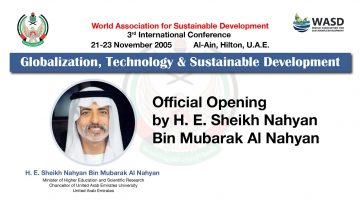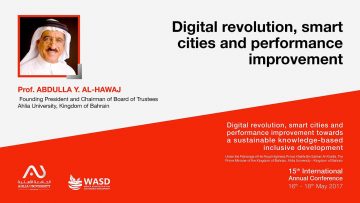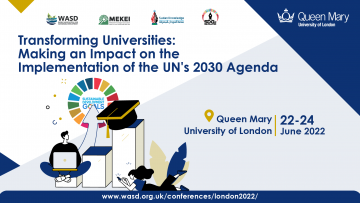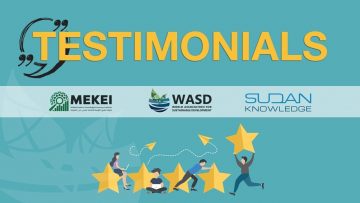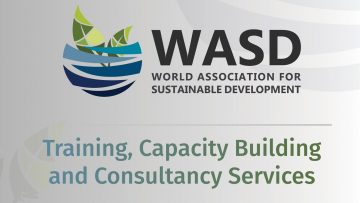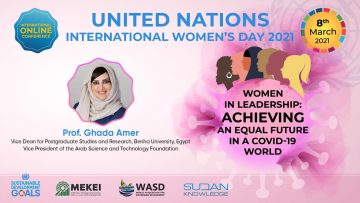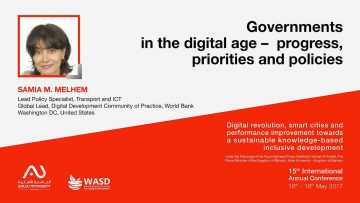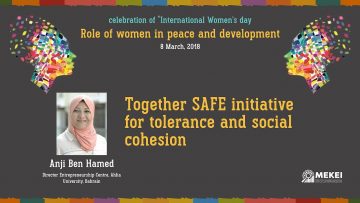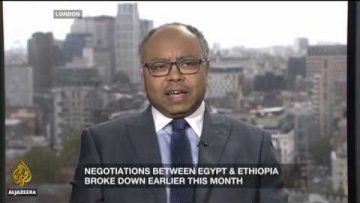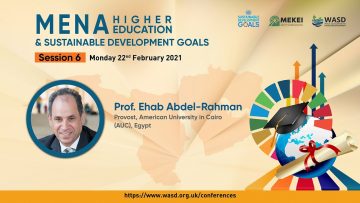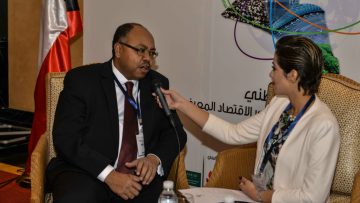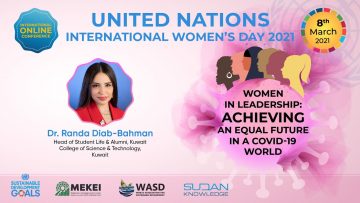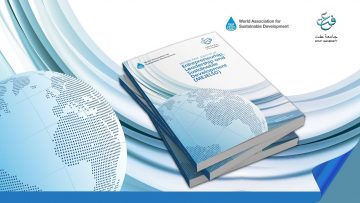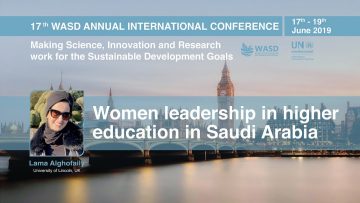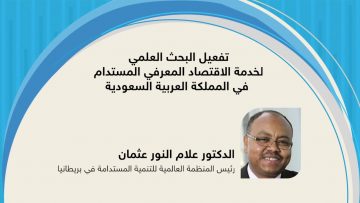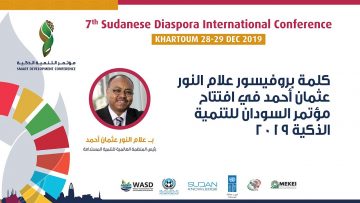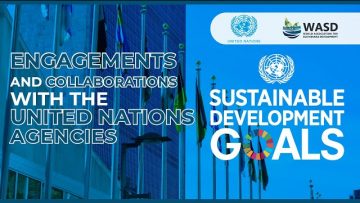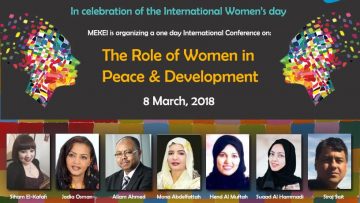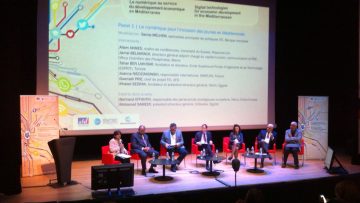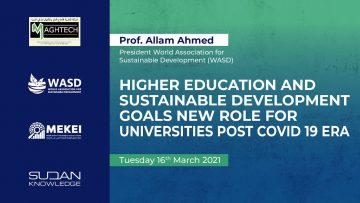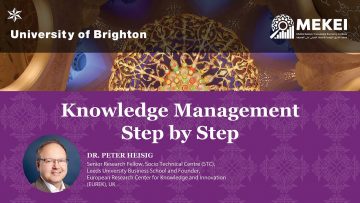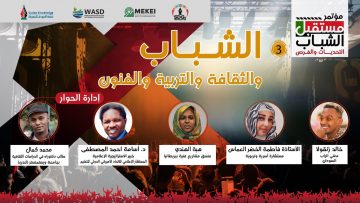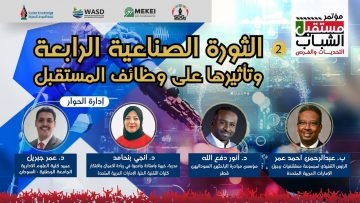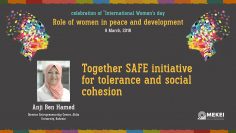- Home
- Portfolios
- Conference
- Research
- IJIKMMENA
- Teaching
- Training
- Consultancy
- Network
- TV
Knowledge Economy
Sustainable Development
SDGs
UN
Agenda 2030
MENA
Algeria
Bahrain
Egypt
Iraq
Jordan
Kuwait
Libya
Morocco
Oman
Qatar
Saudi Arabia
Sudan
Tunisia
UAE
Yemen
Research
Big Interviews
Media
Strategy
Artificial Intelligence
Politics
Government
Business
Training
Investment
Economy
Public Policy
HE
Universities
Startup
Digital Transformation
Technology
KM
Leadership
Learning
Human Capital
Libraries
Gum Arabic
Gamification
GERD
Arab
MENA 2013
Video Ads
LATEST NEWS
- Role of Higher Education in Re-Building the World Economy Post Covid-19
- بحث آفاق التعاون بين اتحاد جامعات العالم الإسلامي والجمعية الدولية للتنمية المستدامة
- Global Business Environments and Entrepreneurship
- Role of Women in Peace and Development
- World Bank Conference on Digital technologies at the service of economic development in the Mediterranean, Marseille, France
- WASD Attends The Kuwaiti Government’s Conference on Knowledge Economy
- Knowledge Management: concepts, process and technology
- OUT NOW: From Oil to Knowledge – Transforming the United Arab Emirates into a Knowledge-Based Economy Towards UAE Vision 2021
-
-
No videos yet!
Click on "Watch later" to put videos here
- View all videos
-
-
-

United Nations International Women Day 2018
Role of women in peace and development
One Day International Conference
Thursday 8th March 2018 from 09:30 to 14:30
University Square Stratford, University of East London, London, UK
As part of our celebration of “International Women’s day” which is celebrated across the world to show the remarkable achievements pf women to the society. The main aim of this one day conference is to critically examine the current status of women in the Arab region. Clearly, women have an untapped potential as a primary mover of greater development within the region and their role in the region is very crucial for increased development, but challenges remain. And so, reforms in economic, social, and political institutions must be made to create an enabling environment for women participation and empowerment.
PROGRAM more to be confirmed
Chair: Jessica Lumley, Programme Manager Geopolitics and International Relations, London Centre of International Law Practice, UK
09:30-10:00 Arrival refreshments/Networking
10:00-12:00 Session One
Muslim women’s property rights: human rights, peace and development
Siraj Sait, Director Centre for Islamic Finance Law and Communities (CIFLAC), University of East London, UK
Women role in social entrepreneurship
Siham El-Kafafi, Director of Research, ICL Business School, New Zealand
Together SAFE initiative for tolerance and social cohesion
Anji Ben Hamed, Director Entrepreneurship Centre, Ahlia University, Bahrain
Women’s participation in politics as a gateway to participation in development
Mona Abdelfattah, Researcher & Journalist, National University, Sudan
12:00-12:30 Lunch/Networking
12:30-14:30 Session Two
The role of the Arab media in empowering women for development
Jadia Osman, TV Presenter/Producer, Al Ghad TV, UK
Hope for opportunity and Syrian youth refugees initiatives
Suaad Al Hammadi, Camp Ambassador to the Youth Assembly, United Nations, UAE
Women and diversity in international arbitration
Funke Adekoya, Partner and Head of Disputes Resolution Practice Group at AELEX, Nigeria
Inspiration of women to Prof. Muhammad Younis
AbdelGadir Warsama, Legal Advisor and Professor of Law American University in Bahrain, Kingdom of Bahrain
Does digital technology raise gender inequality? evidence from literature review
Sonia Abdellatif, Researcher, Technology Management, Economics, and Policy, Seoul National University, South Korea
Concluding remarks
Allam Ahmed, Director MEKEI and President WASD
Women’s welfare in the Arab region has steadily improved in the past few decades with gaps in education and health decreasing the gender disparity gap by 60%, Saudi Arabia for example was among those that improved its educational sub-index score by 11% points (WEF, 2016). Similarly, a report by Assad (El Swais, 2015) stated that girls in the Middle East and North Africa (MENA) region actually outperform boys especially in the maths and sciences. However, in spite of such progress, women in the region remain to be the most vulnerable to poverty because of unequal access to economic and other resources. For example, while 50% of the women in the world are actively employed or seeking jobs, only about half or 27% of women in the MENA are of the same status (World Bank, 2012 cited in OECD, 2014). Thus, it appears that investments in human development are not readily translated to better economic and political outcomes for women and that women’s potential and crucial role in development within the region is still impeded by social factors. Among the key constraints of women in the region for economic participation are: strong patriarchal society; strong public sector and a weak private sector; and lack of support and benefits for women in the employment sector (Assad cited in El Swais, 2015).




